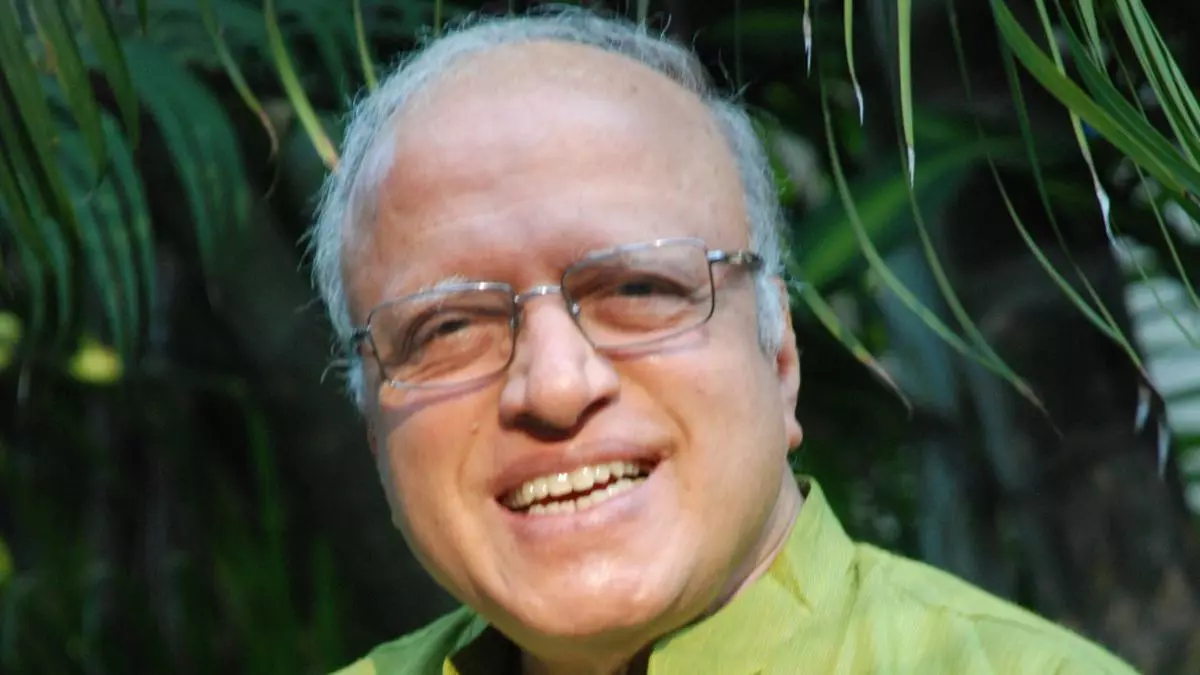MS Swaminathan, an eminent agricultural scientist, passed away recently, leaving behind a legacy of remarkable contributions to the field of agriculture. Often referred to as the ‘Father of the Green Revolution in India’, Swaminathan played a major role in introducing and further developing high-yielding varieties of wheat and rice. His groundbreaking research and efforts have had a significant impact on India’s agricultural sector and have helped in alleviating poverty and ensuring food security in the country.
Born on August 7, 1925, in Kumbakonam, Tamil Nadu, Swaminathan showed immense interest in agricultural studies from a young age. He pursued a degree in agricultural sciences from the University of Cambridge and later obtained a PhD in Plant Genetics from the Indian Agricultural Research Institute (IARI) in Delhi.
Swaminathan’s work focused on addressing the issues of food scarcity and malnutrition that plagued India in the mid-20th century. He realized the importance of increasing crop yields to meet the growing population’s demand for food. This led him to explore the potential of high-yielding varieties of staple crops such as wheat and rice.
In the 1960s, Swaminathan made significant strides in his research by successfully developing and implementing high-yielding wheat varieties. These varieties, known as ‘miracle wheat’, produced higher yields than traditional wheat varieties. The introduction of these varieties helped India achieve self-sufficiency in wheat production and marked the beginning of the Green Revolution.
Inspired by the success of high-yielding wheat, Swaminathan turned his attention to rice. He believed that similar improvements could be made in rice cultivation to address the food shortage crisis. Collaborating with international institutions and scientists, Swaminathan developed high-yielding rice varieties, most notably the ‘IR8’ or ‘miracle rice’. This variety played a crucial role in transforming India from a food-deficient nation to one of the world’s leading rice producers.
Swaminathan’s extensive research and advocacy efforts also led to the establishment of the Indian Council of Agricultural Research (ICAR). He recognized the need for a centralized organization dedicated to agricultural research and development. As the first Director-General of ICAR, he played a pivotal role in shaping its vision and programs.
Besides his scientific contributions, Swaminathan actively promoted sustainable and eco-friendly farming practices. He emphasized the importance of balancing agricultural productivity with environmental conservation and advocated for the use of organic fertilizers and pest control methods.
Throughout his illustrious career, Swaminathan received numerous accolades and recognitions for his exceptional contributions to agriculture. He was honored with prestigious awards like the Padma Shri, Padma Bhushan, and Padma Vibhushan, among others. His research and expertise were sought after by governments and organizations worldwide, and he served as a consultant and advisor on agricultural policies and programs.
The passing of MS Swaminathan is a great loss, not only for the scientific community but also for the entire nation. His groundbreaking work and vision continue to inspire generations of agricultural scientists and policymakers. His legacy will forever be remembered as a driving force behind India’s agricultural transformation and a symbol of hope for a sustainable and food-secure future.











